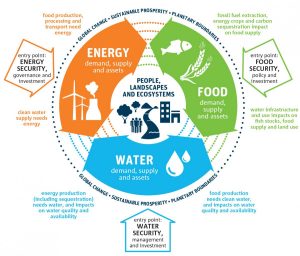
Recent interest in climate change, in general, as well as large projects like the Keystone XL and North Dakota pipeline, in particular, has focused the attention of urban planners on the impacts of land use and transportation planning on energy. This course seeks to explore the reciprocal connections between all aspects of energy (production/conversion, distribution and use), land use, environment, and transportation.
According to the Renewable Energy Special Projects Committee, this is a “[f]antastic course, probably the best energy class at UNC.”
Key Objectives
- Evaluation of federal, state, and local policies on energy conservation are alternative energy sources are emphasized.
- Learn the skills to critically analyze impacts, interdependencies, and uncertainties of various energy conservation measures and production technologies on different sectors, organizations, and communities.
- Critically explore the relationship between urban form and energy systems.
Target Audience
- Advanced undergraduates (primarily interested in environmental science, political science and public policy analysis)
- Graduate students (land use and transportation planning, public policy, public administration)
Topics Covered (Incomplete list)
- Land and Water Interactions with Energy
- Energy Politics
- Conventional Energy Production
- Shale Gas & Hydraulic Fracturing
- Photovoltaics & Other Solar Power
- Biofuels
- Building Energy Consumption
- Transportation Energy Use
- Land Use & Transportation
- Transportation & Fuel Switching
Cross listed: ENEC 547